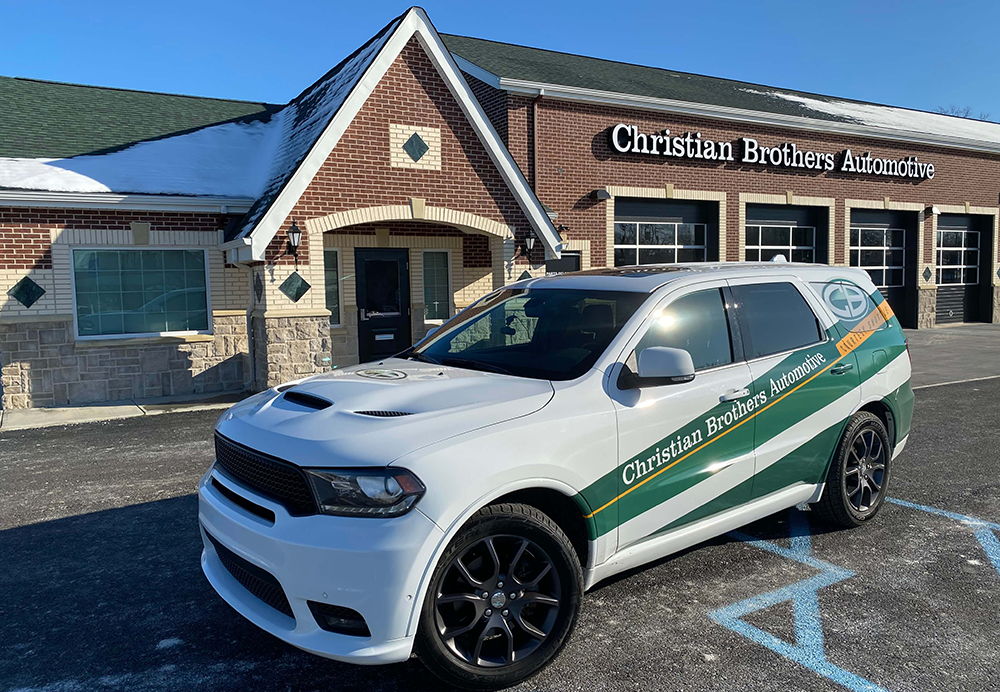Member Expert: Three Ways Your Car Puts You at Risk in the Winter

It’s winter in Indiana and the cold temperatures take their toll on various systems of cars and trucks. Below are three effects that arctic air has on your vehicle that could leave you out in the cold.
1. Battery: Your car relies on its battery to operate all its electrical systems. The largest demand on the battery is the energy required to start the engine. When temperatures drop, the ability of a standard lead-acid battery to produce electrical current decreases significantly. A battery that easily starts a car in a warm garage may fail to start the same car when it has been sitting outside for a while. Because of this, many people are surprised and confused when their car leaves them stranded on a cold afternoon.
Risk Reduction: The condition of a battery can easily be tested with a Battery Load Tester. Many local repair shops are happy to test your battery for free. Take advantage of this service and replace a weak battery before it leaves you out in the cold.
2. Coolant: Even on the coldest winter day, after running for a while, your engine generates so much heat it needs to be cooled. Engine coolant (often referred to simply as “antifreeze”) is liquid that transfers heat produced by the engine to the radiator where it is convected into the air. While coolant does its work at relatively high temperatures while the engine is running, it must remain stable when the engine is dormant. This means the coolant must not freeze in cold temperatures (hence the name “antifreeze”). Coolant in good condition remains liquid at –30° F or colder. When coolant breaks down, or when the water concentration is too high, the freezing point may rise to the point where the coolant freezes. When it freezes it expands and when it expands catastrophic failure can occur.
Risk Reduction: Before your car will ever be left in cold temperatures, have the coolant tested. If the freezing point is too high, have the cooling system flushed and fresh coolant installed.
3. Tires: Some of the most critical parts of a car are the tires. They are responsible for transferring the forces responsible for accelerating, braking, and turning. Maintaining the proper air pressure in your tires is important for optimizing these dynamic actions of your vehicle. As ambiant air gets colder, the air pressure in your tires tends to drop. Under-inflated tires may become dangerously under—inflated when the thermometer dips. The rubber material of tires also tends to become harder and less pliable in cold weather which means reduced traction even in dry conditions. This means longer stopping distances and a greater likelihood of sliding while turning.
Risk Reduction: Check the air pressure in each tire (including the spare) regularly and more often in the winter. Even if your car has a Tire Pressure Monitoring System (TPMS), it is wise to check the pressure occasionally with a tire guage to ensure that the system is providing accurate measurements. Installation of dedicated Winter Tires is a great investment as such tires are made with special rubber compounds that remain compliant in cold temperatures and provide better traction than conventional all-season models.
With some basic precautions, your car should provide many safe and reliable miles in a winter wonderland. Happy Travels!
Dave Barnett is the owner/operator of the new Christian Brothers Automotive repair facility on Smith Valley Road. Dave is a mechanical engineer by trade and he and his wife, Colleene, have two children, Haniah and Preston, and live in Greenwood.
